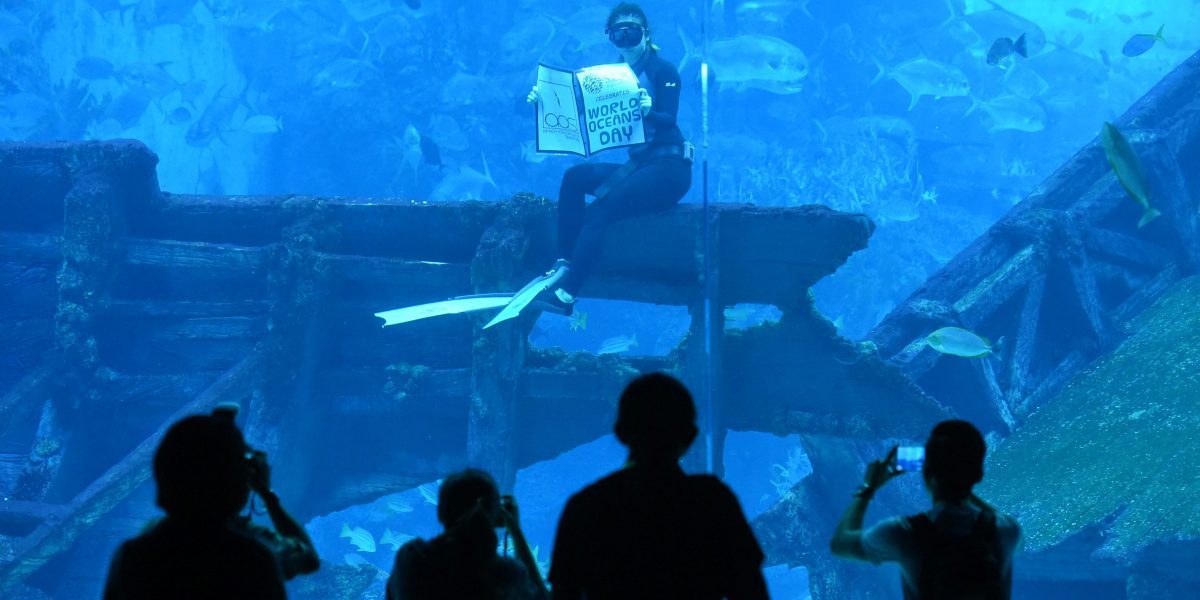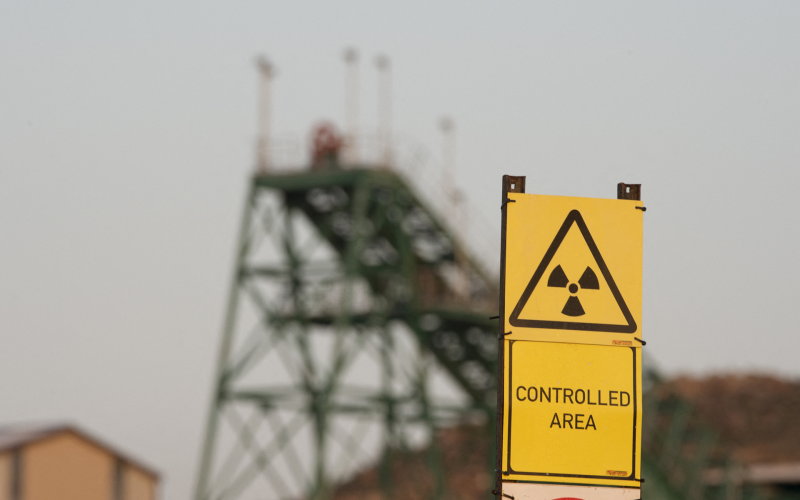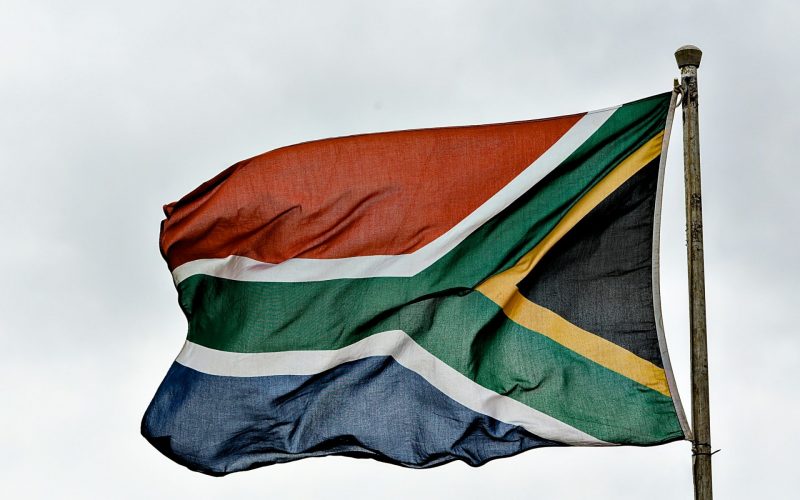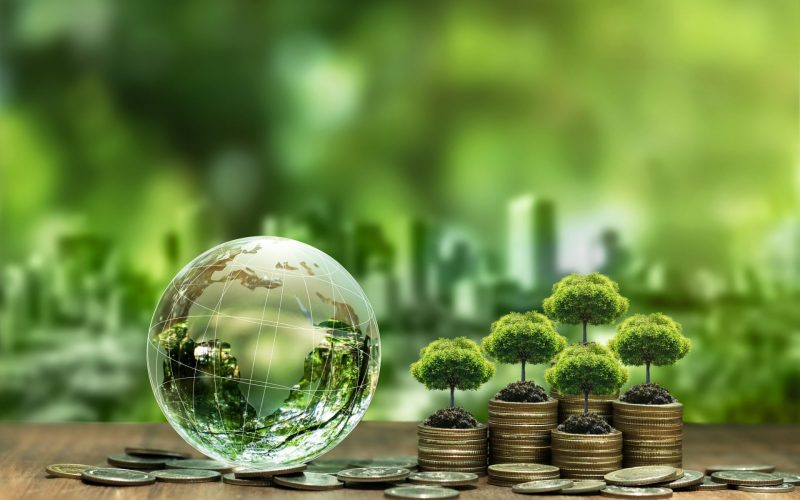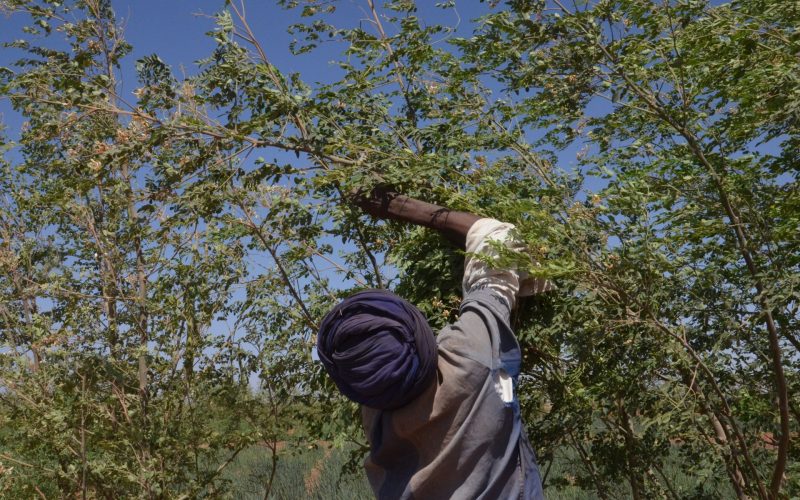Summary:
- 2020 was expected to be a ‘Super year for the Ocean’, with several important political events and high-level negotiations due to take place. However, with the travel bans implemented in the wake of COVID-19 and the prohibition of in-person gatherings, these meetings have mostly been postponed.
- The continuation of these negotiations and the implementation of existing commitments remain as urgent as ever, given that the health of our natural environment is directly linked to the well-being and health of our global citizens and that we continue to face increasingly volatile and extreme events and rapidly changing landscapes and biota.
- It is an opportunity to reflect on the shortcomings of current ocean governance mechanisms, take account of what science is telling us, continue with the substantial preparatory work required and remain committed to the various approaches that are already agreed on to accelerate the implementation of existing oceans targets within climate change, biodiversity and SDG frameworks.
- As we build towards a post-COVID-19 world, financial resources and actions should be directed towards green jobs and green growth, ensuring that our economic prosperity is built within sustainable planetary boundaries.
- The economic recovery and stimulus packages aimed at rebooting economies during and after the COVID-19 pandemic offer an ideal opportunity to plan for, and invest in, such a ‘Green Stimulus Framework’.

